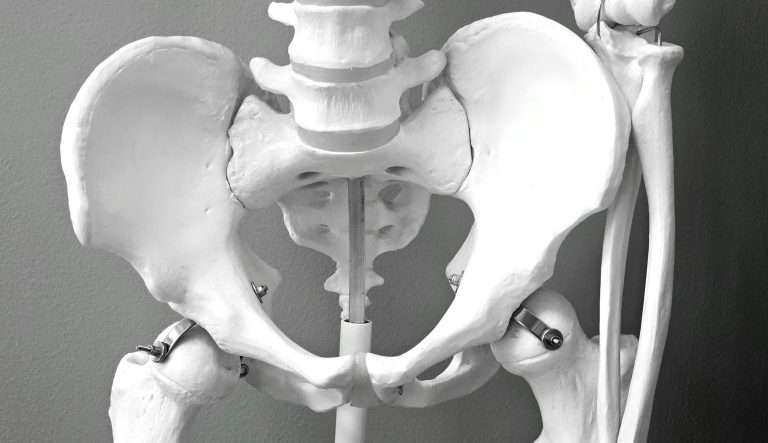When you hear the phrase “pelvic health,” what immediately comes to mind? For many, it’s often associated primarily with women, especially around topics like pregnancy, childbirth, or menopause. And while women certainly have unique pelvic health considerations, this vital part of our anatomy is absolutely crucial for everyone, regardless of gender.
Men, too, have a pelvic floor, and its proper function impacts everything from bladder control and bowel movements to sexual health. It’s time to break down the misconception that pelvic health is solely a “woman’s issue” and understand why it’s a topic that deserves attention from all of us.
The Unsung Heroes: What Exactly is the Pelvic Floor?
Before we dive into why it matters to everyone, let’s quickly clarify what the pelvic floor is. Imagine a sling or hammock made of muscles and connective tissues located at the base of your pelvis. This “hammock” supports your pelvic organs – your bladder, bowels, and, for women, the uterus.
It also plays a crucial role in continence (controlling urine and bowel movements), sexual function, and even core stability. When these muscles are too weak, too tight, or not coordinating properly, that’s when problems can arise. It’s truly a foundational part of our physical well-being.
For Women: More Than Just Post-Pregnancy Recovery
While pregnancy and childbirth certainly put a strain on the pelvic floor, women can experience pelvic health issues at any stage of life. Urinary incontinence (leaking urine when you laugh, cough, or sneeze) is far more common than many realize, even outside of pregnancy. Pelvic organ prolapse, where organs descend from their normal position, can affect women of all ages.
Additionally, chronic pelvic pain, painful intercourse, and bowel dysfunction can all stem from pelvic floor problems. These issues can significantly impact quality of life, but the good news is that many are highly treatable with the right approach.
For Men: Overcoming Overlooked Issues
It might surprise some, but men also experience a range of pelvic health issues that often go undiscussed. Men can suffer from urinary incontinence, particularly after prostate surgery. Chronic pelvic pain, sometimes referred to as chronic prostatitis/chronic pelvic pain syndrome, can be debilitating and is often linked to tension or dysfunction in the pelvic floor muscles.
Bowel control problems can also affect men. Just like women, men can benefit immensely from exercises and therapies designed to strengthen, relax, or re-coordinate these crucial muscles. The silence around men’s pelvic health often means many suffer unnecessarily.
Common Symptoms Across Genders: When to Pay Attention
Regardless of whether you’re male or female, there are common symptoms that signal a potential need to pay attention to your pelvic health. These include:
- Leaking urine (even just a few drops) when coughing, sneezing, laughing, exercising, or lifting.
- A frequent or urgent need to urinate.
- Difficulty emptying your bladder or bowels.
- Pelvic pain, pressure, or a feeling of heaviness.
- Pain during sexual activity.
- Unexplained lower back, hip, or groin pain.
Ignoring these symptoms is not the answer. They are signs that your pelvic floor might need some attention, and proactive care can often prevent them from worsening.
Seeking Help: The Power of Pelvic Health Professionals
The most important takeaway is that these issues are not something you just have to live with. There are highly trained professionals, such as pelvic health physical therapists, urogynecologists, and urologists, who specialize in diagnosing and treating pelvic floor dysfunction. They can assess your specific situation and guide you through exercises, lifestyle changes, and other therapies tailored to your needs. Embracing the journey of pelvic health can lead to significant improvements in quality of life, whether you’re dealing with issues like incontinence or prolapse, as addressed by specialists at reputable centers and clinics.
Conclusion: A Foundation for Overall Well-being
Pelvic health is a fundamental component of overall well-being for everyone, not just one gender. From maintaining bladder and bowel control to supporting sexual function and core stability, our pelvic floor muscles play an indispensable role in daily life. By recognizing the signs of dysfunction and understanding that effective treatments are available, both men and women can confidently seek the help they need to improve their quality of life. It’s time to break the silence and prioritize this often-overlooked but incredibly important aspect of our health.










